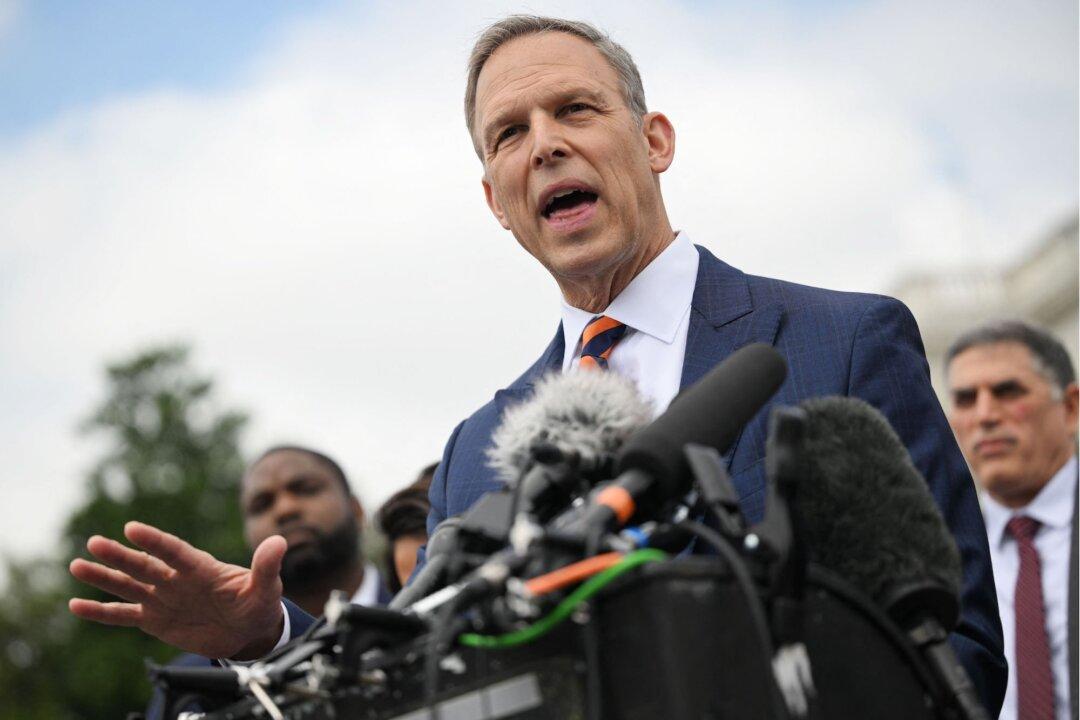A group of 21 hard-line conservative House Republicans has warned that they would vote against spending bills that fail to include satisfactory cuts, in a letter addressed to House Speaker Kevin McCarthy (R-Calif.) on Monday.
The lawmakers expressed their concerns about appropriations bills that could lead to increased spending levels, just as Congress is set to resume on Tuesday before the August recess.





